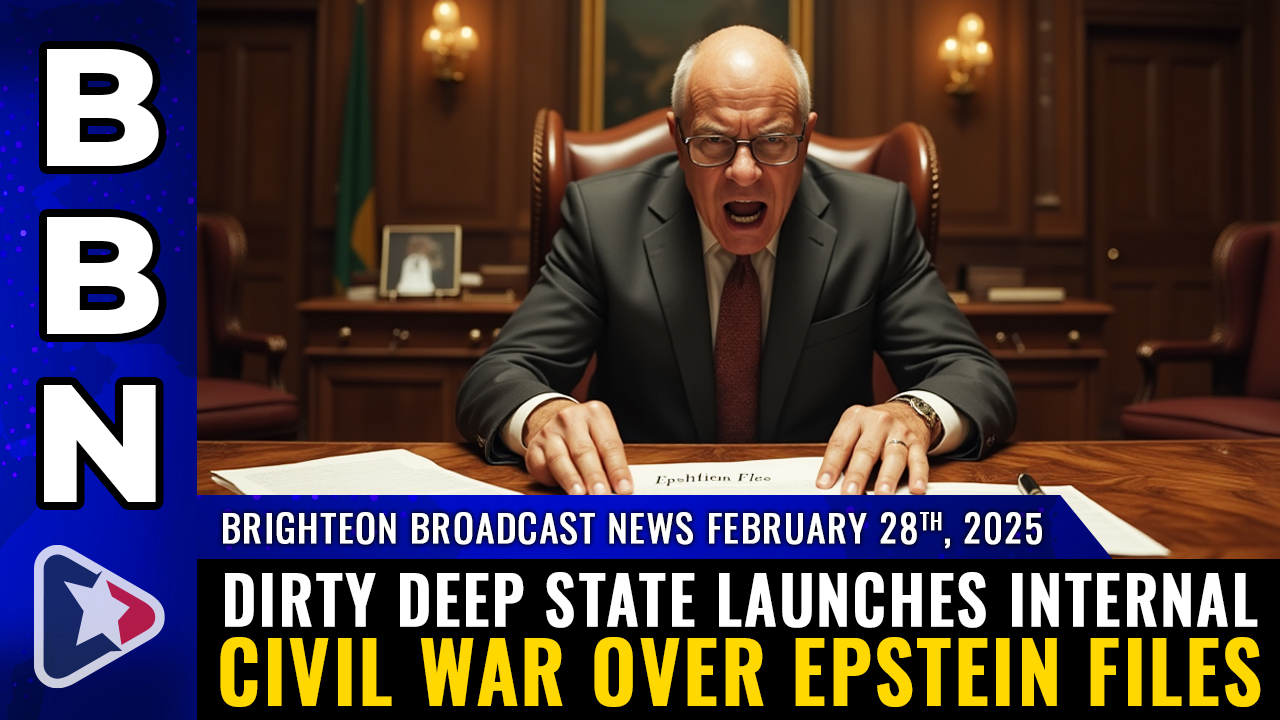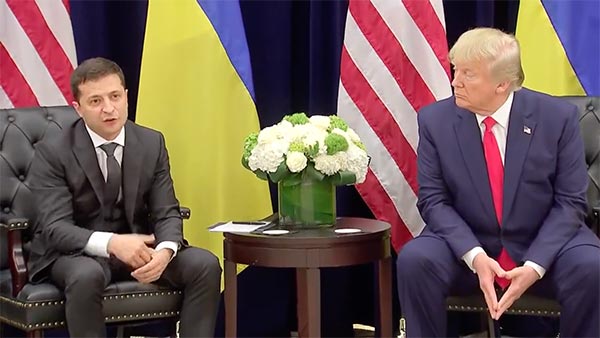 Parler
Parler Gab
Gab
- President Trump’s administration labels major Mexican cartels as foreign terrorist organizations, signaling a new level of commitment to dismantle these criminal networks through escalated military and law enforcement actions.
- The designation empowers the U.S. to impose financial sanctions, travel bans, and expanded surveillance, preparing to intensify operations in Mexico and along the U.S.-Mexico border with drones and possibly ground forces.
- Concerns arise over potential cartel retaliation, targeting U.S. personnel and civilians, and the risk of a broader conflict, which could strain U.S.-Mexico diplomatic relations and complicate joint anti-drug efforts.
- The administration aims to galvanize public support by framing the fight as an anti-terrorism campaign, but the cartels’ sophistication and resilience pose significant challenges, with the potential for a prolonged, costly conflict.
- Experts suggest focusing on secure border technology and infrastructure as an alternative approach, to reduce illicit flows and avoid the risks of direct military confrontation, while fostering better U.S.-Mexico cooperation.
A new front in the war on drugs
The Trump administration's decision to label these cartels as foreign terrorist organizations marks a significant escalation in the ongoing battle against drug trafficking. The Sinaloa, Los Zetas, and Juarez cartels have long been notorious for their brutal tactics and extensive networks that stretch across multiple continents. By designating them as foreign terrorist organizations, the U.S. government is signaling a new level of commitment to dismantling these criminal syndicates. This designation will have far-reaching implications. It empowers U.S. law enforcement and the military to take more aggressive actions against the cartels, including financial sanctions, travel bans, and expanded surveillance. The U.S. military is already preparing to intensify its operations, with plans to deploy drones, surveillance planes, and potentially even ground forces in both Mexico and across the U.S.-Mexico border.Concerns of retaliation and broader conflict
The move has raised concerns among policymakers and security experts about potential retaliation from the cartels. These organizations have a long history of violent and unpredictable responses to perceived attacks on their operations. There are fears that the cartels could escalate their activities in the U.S., targeting law enforcement, military personnel, and civilians. Moreover, the decision to designate the cartels as foreign terrorists could be seen as an act of war by the Mexican government. While the U.S. and Mexico have a history of cooperation in the fight against drug trafficking, this new designation could strain diplomatic relations and complicate joint operations. The potential for a broader conflict is a real concern, especially if the U.S. military takes more aggressive actions, such as deploying tanks or conducting cross-border operations.A strategy for victory and its challenges
The Trump administration believes that this new approach can achieve significant victories against the cartels. By framing the fight as a war against terrorism, the administration hopes to galvanize public support and mobilize more resources. The U.S. military, which has been criticized for its performance in conflicts like Afghanistan and Iraq, is being positioned to achieve a more concrete and measurable set of wins. However, the complexity and resilience of the cartels should not be underestimated. These organizations are highly sophisticated, with decentralized structures, robust logistics, and significant financial resources. They have already adapted to numerous law enforcement and military efforts, and they are likely to continue to do so. The potential for a prolonged and costly conflict, akin to a modern-day Vietnam, is a real possibility.Alternative approaches
In light of these challenges, some experts are suggesting alternative approaches to addressing the root causes of drug trafficking. One such approach is to focus on securing the U.S.-Mexico border through advanced technology and infrastructure. Building a secure wall, combined with the use of drones, thermal cameras, and automated surveillance systems, could significantly reduce the flow of drugs and other illicit goods into the U.S. This approach has the added benefit of avoiding the potential for a full-scale military conflict. By focusing on border security, the U.S. can address the immediate threat while also working to build stronger diplomatic and law enforcement partnerships with Mexico to tackle the underlying issues driving the cartels' activities.Conclusion
The Trump administration's designation of major Mexican drug cartels as foreign terrorist organizations represents a bold and controversial move in the fight against drug trafficking. While it signals a renewed commitment to combating these criminal organizations, it also raises significant risks of retaliation and broader conflict. As the U.S. prepares to intensify its operations, it will be crucial to balance the need for decisive action with the potential consequences of an extended and costly conflict. Alternative strategies, such as enhancing border security, may offer a more sustainable and less risky path forward. Watch this Feb. 20 episode of "Brighteon Broadcast News" as Mike Adams, the Health Ranger, talks about USA military to wage war on drug cartels. This video is from the Health Ranger Report channel on Brighteon.com.More related stories:
Tucker Carlson: U.S. military weapons sent to Ukraine end up in the hands of CARTELS Trump administration declares war on Mexican drug cartels: Military operations and border security take center stage Border Patrol agents fired at by drug cartels at southern border Sources include: Brighteon.com Aljazeera.comFailed release of Epstein files reveals Deep Sate resistance
By Finn Heartley // Share
Ukraine strikes mineral deal with U.S. after tense negotiations
By Cassie B. // Share
Trump orders 30-day freeze on government credit cards to tackle $40 billion in spending
By Cassie B. // Share
Social Security boost for public workers: A victory for fairness or a threat to solvency?
By Willow Tohi // Share
South Carolina Congressman proposes new $250 bill and wants Trump on the front
By Lance D Johnson // Share
Trump declares war on EU trade, imposes 25% tariffs on ALL imports
By Lance D Johnson // Share
Governments continue to obscure COVID-19 vaccine data amid rising concerns over excess deaths
By patricklewis // Share
Tech giant Microsoft backs EXTINCTION with its support of carbon capture programs
By ramontomeydw // Share
Germany to resume arms exports to Israel despite repeated ceasefire violations
By isabelle // Share










